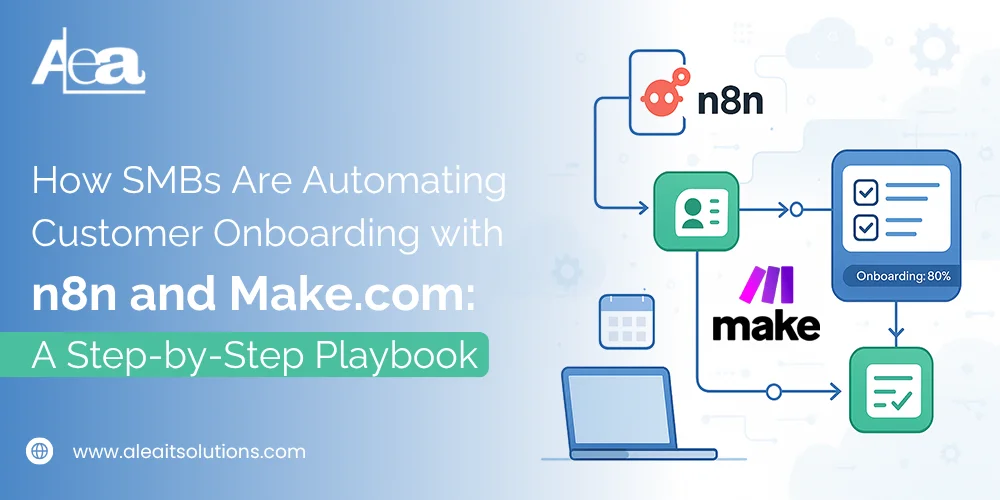Difference between Native and Hybrid Apps
For the developer, mobile app development became easy because of the introduction of new technologies/ tools like PhoneGap, Ionic, and React Native as the developers can build apps without learning complex programming languages like Swift language for iOS and Java language for Android.
So, the main question is what is the difference between native and hybrid apps? The answer to this question is not accurate, all depends on the content picked up by the developers. Hybrid apps are compatible with both IOS and Android, so it has more benefits than native apps. But sometimes it happens that hybrid apps lack a poor user experience and disappoint the users of mobiles, and with this native apps have wonderful user experience and extraordinary performance. Native apps are not compatible with every Operating System so it has to be developed separately.
According to the survey done web-based approach over the native tools is being chosen by two-thirds of the mobile app developers. Top brands are more likely to choose hybrid apps over native apps. The reasons why the top brands prefer to switch from native to hybrid apps are:
- Speed: The speed of cross-platform apps is almost 2-3x faster than the native apps.
- Efficiency: As compared to native app organization is saved by 75-80% more by the hybrid apps.
- Omnichannel: Hybrid apps can run on omnichannel where the web runs whether on a desktop, browser, or mobile app.
A native app is software or a program developed to perform some distinct tasks on particular platforms. It uses different Software development tools for the framework of software, hardware platforms, and OS whereas hybrid apps are called to be as native apps only as they can be easily downloaded from the platform app store like the native app and can be accessed by all the features of native platforms. It performs closely to the native apps.
The major difference between the two is as follows:
- For building hybrid apps web technologies are used such as JavaScript, CSS, and HTML whereas for building native apps certain specific technologies and languages are used for the platforms like JAVA and Swift for android and iOS respectively.
- Hybrid apps can easily be run into the Web View and for the native app certain distinct features are required for accessing the native features of the platforms such as camera, mic, etc.
- Hybrid apps are built on a single code base which means that write code once and run anywhere but in the case of native apps, it uses multiple code base as separate app to be maintained for each platform with different code.
Advantages of Hybrid App:
- Hybrid apps are being developed using JavaScript, HTML, and CSS.
- Hybrid apps are built on a Single code base which is written once and run everywhere.
- Hybrid apps have unified development and cross-platform.
- Hybrid apps have faster development and are both time and cost-saving.
Disadvantages of Hybrid apps:
- The performance of the hybrid app is similar to the native apps but the hybrid apps may not work well sometimes in the case of 3D, HD games, and some other performances of the centric apps.
- Depending on the native plugin’s hybrid can access all the features of the native apps. But sometimes might happen that the new device feature might not be available as the plugins of the native apps.
- As hybrid apps need to be synced with the changes and releases with the latest version of the platform.
Advantages of Native App:
- Native Apps can be developed according to the specific language of the platform like Java and Swift for android and IOS respectively.
- Native apps are built on the criteria of the multi-code base which means separate code for each platform.
- The experience of the user is smooth and more responsive in the case of native apps.
- They are faster in the execution process as native apps can directly access the hardware such as CPU, and GPS, and can do the same on the app.
Drawbacks of Native App
- Development time increases as separate efforts for the development of each platform are required.
- Development time and cost increase as each code they have its own release cycle and updates.
- It becomes more challenging because of multiple codebases as it releases the same feature at the same time on all the platforms.
- For the maintenance of the same application on each platform different sets of skills are required which leads to more cost.
Conclusion:
As per the discussion above, there are advantages and disadvantages for each and every technology depending on the project management, resources, and cost analysis. So before starting working on any project requirements of the clients need to be properly planned and understood. Development of the hybrid apps is easy and is beneficial for developing the android and iOS apps with their requirements of budgets.
Similarly, Native apps are basically used for developing more complex apps and for core features that need to be accessed which improves the quality, security, and performance of the application. It’s cost-effective and time is required to develop the native apps.




